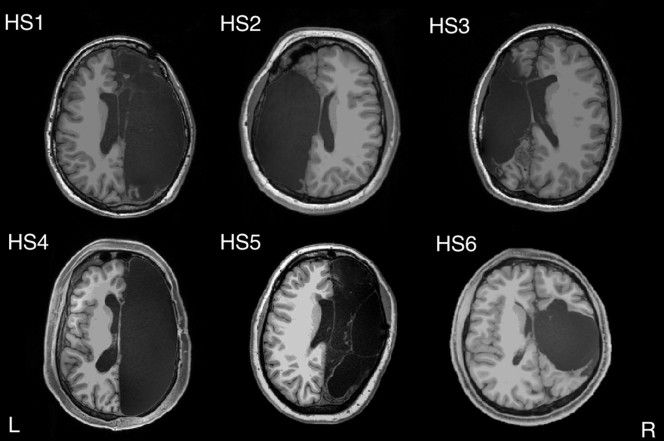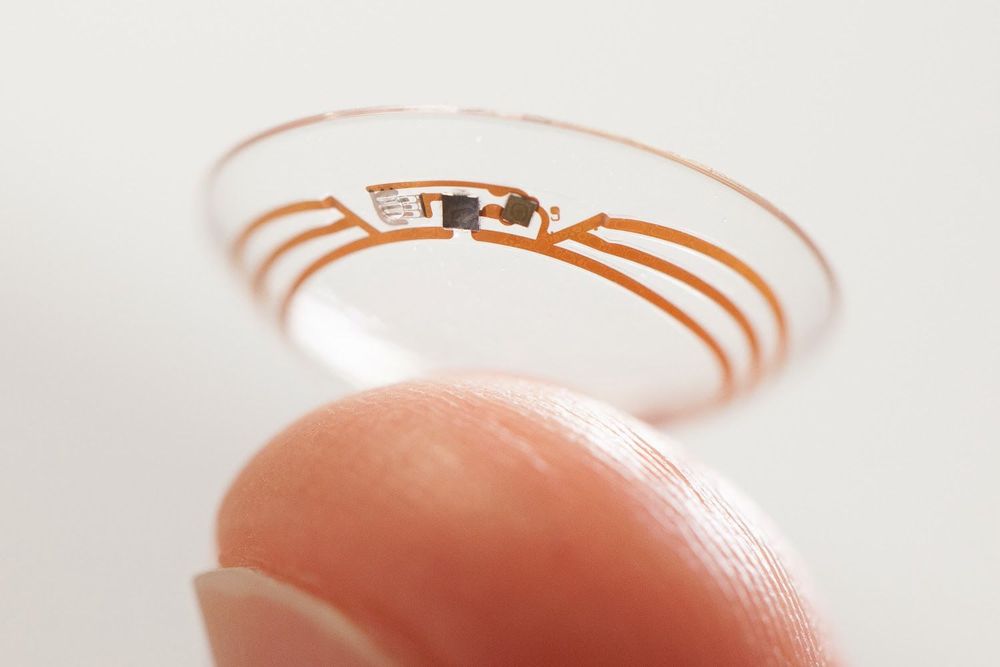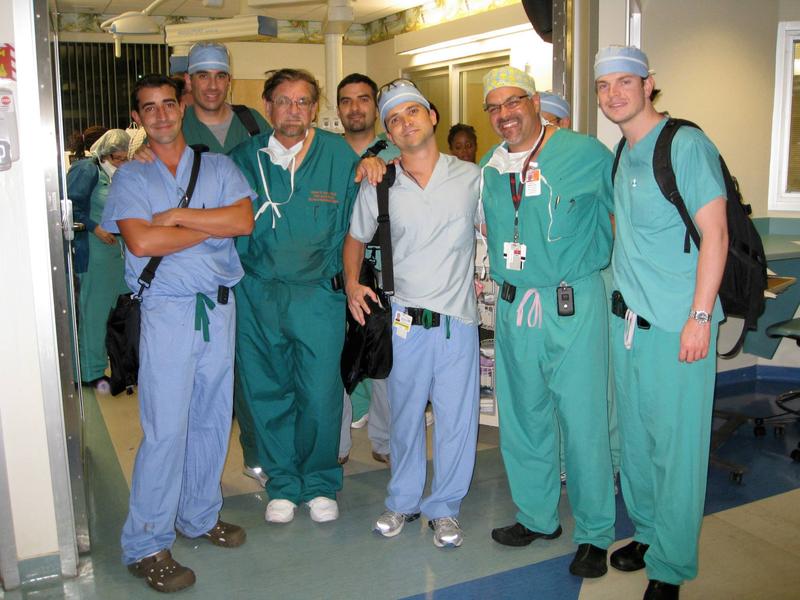The brain scans of six patients who’ve had half of their brain removed to treat severe epilepsy have left doctors in awe.




They found 68,809 cases of anal cancer and 12,111 deaths from the disease.
The vast majority of these cases are associated with the human papillomavirus, but about three-quarters of American adults don’t know HPV causes the disease, a recent study, also led by Deshmukh, found.
He called the findings “shocking.”

Several newly published studies are reporting evidence affirming a growing hypothesis that links inflammation with cognitive deficits. As well as associating inflammation with the cognitive deficits seen in conditions such as bipolar disorder and Alzheimer’s, some research is even suggesting low-grade systemic inflammation in healthy subjects can result in mental sluggishness.
For some time patients suffering from chronic inflammatory conditions such as rheumatoid arthritis or inflammatory bowel disease have reported mild cognitive deficits in association with their disease. Despite a number of correlational studies finding connections between inflammation and cognitive performance, homing in on any clear causal links has been a little tricky for scientists.
“Scientists have long suspected a link between inflammation and cognition, but it is very difficult to be clear about the cause and effect,” explains Ali Mazaheri, from the University of Birmingham. “For example, people living with a medical condition or being very overweight might complain of cognitive impairment, but it’s hard to tell if that’s due to the inflammation associated with these conditions or if there are other reasons.”
A custom-made aerial drone delivered a kidney to a Baltimore hospital, where it was transplanted into a patient who had been on dialysis for eight years.

The notion of wearing lenses over our eyes to correct our vision dates back hundreds of years, with some even crediting Leonardo da Vinci as one of the first proponents of the idea (though that remains somewhat controversial). Material science and our understanding of the human eye have come a long way since, while their purpose has remained largely the same. In the age of wearable computers, however, scientists in the laboratories of DARPA, Google, and universities around the world see contact lenses not just as tools to improve our vision, but as opportunities to augment the human experience. But how? And why?
As a soft, transparent disc of plastic and silicone that you wear on your eyeball, a contact lens may seem like a very bad place to put electronics. But if you look beneath the surface, the idea of a smart contact lens has real merit, and that begins with its potential to improve our well-being.

Cancer cells may owe some of their destructive nature to unique, “doughnut-shaped” DNA, according to a new study.
The study, published today (Nov. 20) in the journal Nature, found that, in some cancer cells, DNA doesn’t pack into thread-like structures like it does in healthy cells — rather, the genetic material folds into a ring-like shape that makes the cancer more aggressive.
Bursts of media coverage of retracted scientific articles and failures to replicate and reproduce scientific findings have led to a widespread sense of crisis in the familiar forms of scientific knowledge production and communication. Is the language of crisis warranted, or is this how science has always worked? How are technological changes in the communication of scientific results affecting the process of scientific knowledge production? Are there genuine knowledge crises in certain scientific fields (such as medicine or social science)? What solutions are available for these problems, and how can new scholars move forward with both confidence and integrity in this environment?
This program will be appropriate to all campus personnel and community members interested in how the process of scientific communication may affect their role as producers and consumers of scientific knowledge.

A University of Miami doctor says he can rebuild a whole jaw using new stem cell collection technology.
Known as the “MarrowMarxman”, the FDA-registered device was developed and tested by Dr. Robert Marx, who is a professor and chief of the Division of Oral and Maxillofacial Surgery at the University of Miami Miller School of Medicine.
…Hope4Cancer Treatment Centers™ announces Eight Days, a groundbreaking reality TV series that tells the stories of five cancer patients and their journey using alternative cancer treatments that are working. The first reality TV series of its kind, Eight Days, is set to premiere on the FYI Television Network on January 4, 2020 and will give viewers an inside look at what healing from cancer is really like, as well as highlight new integrative cancer treatment options.
Everyone is getting excited to watch this life-changing series! For more information about 8 Days visit our website at https://hope4cancer.com/8-days-season-2/.